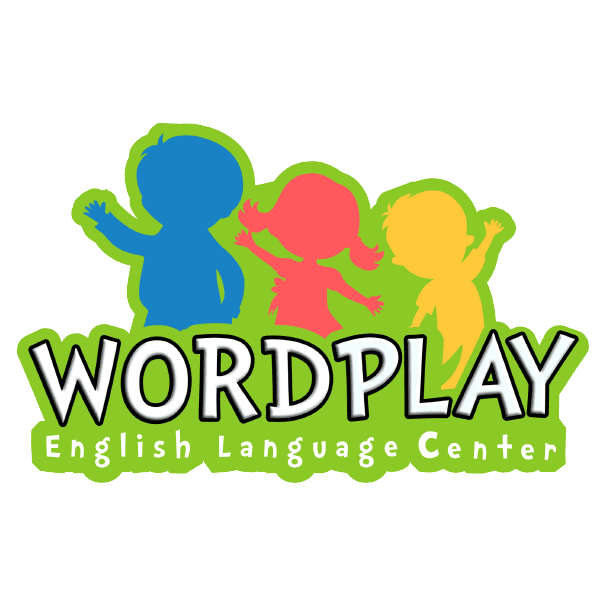
Wordplay STEM
Many Vietnamese parents do not understand or value the lessons their children learn in STEM. Instead, parents often believe old stereotypes like thinking STEM is just for boys, or they think STEM taught in Vietnamese schools is adequate. What Vietnamese parents need to understand is that the skills taught in an international STEM program like critical thinking, collaboration, and creativity are are the very 21st century skills that Asian students are often seen lacking when they interview for prestigious scholarships or jobs with international companies. It’s important to understand that the lessons learned in STEM go beyond the classroom and set Vietnamese students apart as they seek to compete for the best educational programs and jobs on the world’s stage.
- STEM is NOT “just a science class.”
- STEM is NOT “just theory".
- STEM IS real life application
- STEM IS critical thinking and problem solving to address life’s challenges
STEM is an acronym for Science, Technology, Engineering, and Mathematics. However, STEM is NOT a science class. Yes, students learn many scientific principles and theories through a STEM course. However, at its core, it much more than this. It is a well-developed, proven learning process that teaches students invaluable skills such as critical and creative thinking and problem solving. This is done through specifically designed lab experiments and real-life application projects. One definition says, “STEM is an education system that seeks to impart students with classroom knowledge AND relate that knowledge to real-world situations.” In other words, it’s not just about knowledge but how to use that knowledge. Why is STEM important? It’s important because we live in a technologically advanced world which is continually becoming more and more technologically advanced. It’s important because many education systems around the world, especially in Southeast Asia, fall behind in teaching skills such as critical thinking, creative thinking, and problem solving. Therefore, many students lack these skill sets. These skills are more crucial now in the workforce than they ever have been in the past due to our reliance on technology. The global job market is changing. Along with English speaking skills, STEM skills are some of the most crucial skills to have to compete in the job market. A survey from Australia shows that 75% of all new jobs will require STEM skills. However, 1 in 3 students fifteen years of age do not have the STEM skills that employers want. Wordplay’s STEM program has been designed to teach these important STEM skills to students, focusing on critical and creative thinking and problem solving. There are two parts to the program: Kitchen Lab and Maker lab. Kitchen Lab focuses on teaching critical and independent thinking skills, along with teamwork skills, by using a process called the Scientific Method to relate scientific principles to what we observe and experience every day. Maker Lab focuses on creative thinking and problem-solving skills by using a process called the Engineering Design Process. All labs are designed to provide a fun and engaging learning environment for the students. They also provide the students opportunity to use and improve their English skills. By the end of the STEM course, students will have improved their ability to think critically and creatively and use their language skills to communicate clearly and solve problems they encounter.
© Wordplay English Language Center